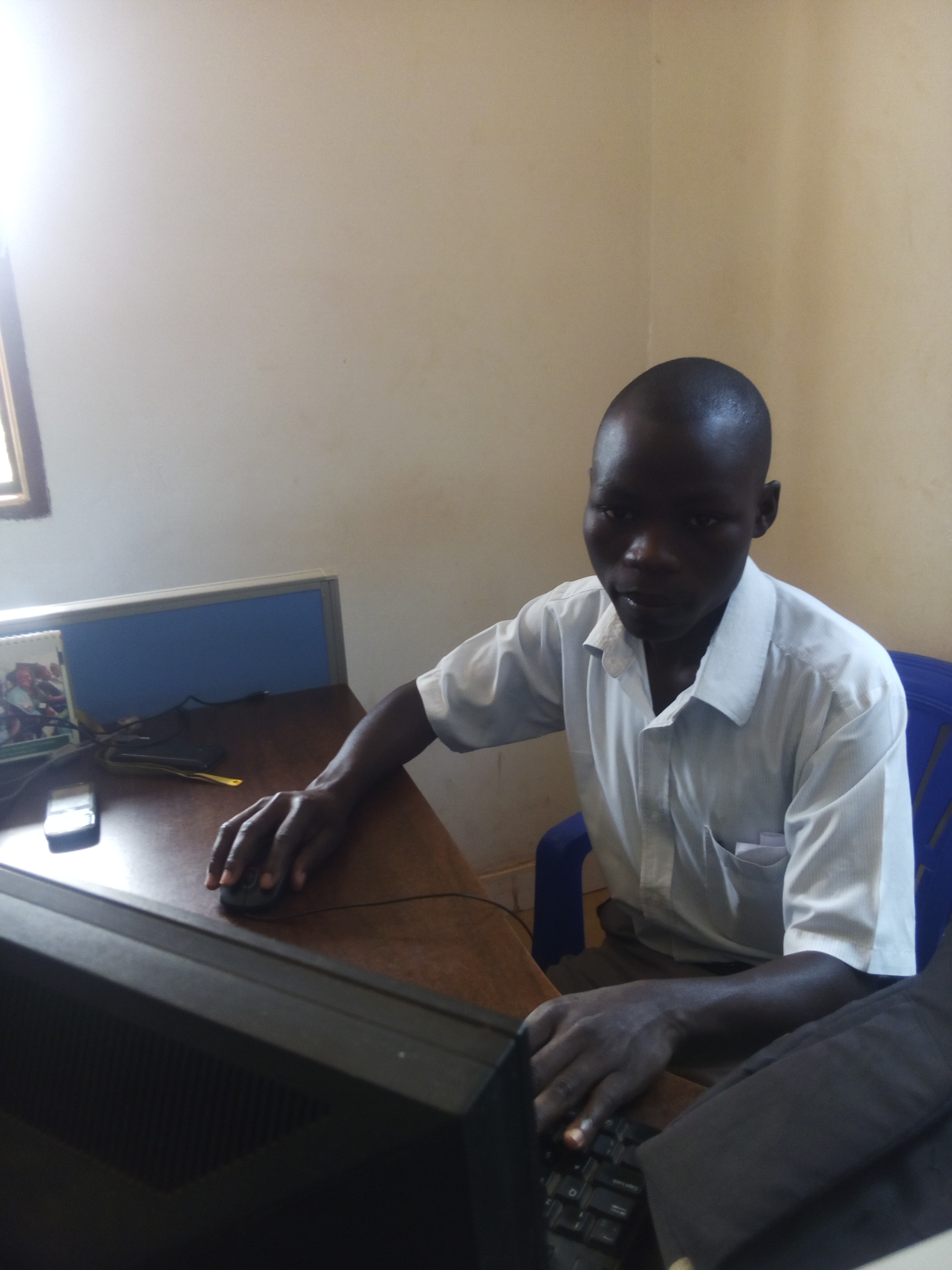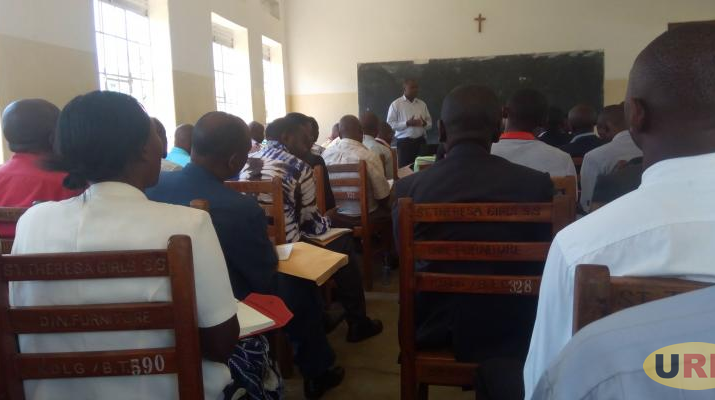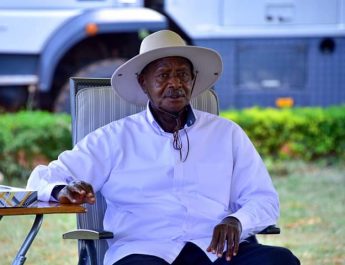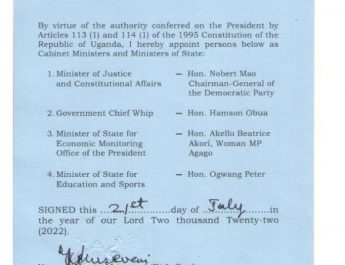Head teachers and teachers in Kasese district have faulted parliament for halting the implementation of the new lower secondary school curriculum, saying they were driven by selfish motive.
This comes a few days after parliament voted to halt the roll out of the revised lower secondary school curriculum, which seeks to introduce learners to at least one skills subject.
The curriculum focuses on four key learning outcomes including self-assured individuals, responsible and patriotic citizens, lifelong learners and positive contributors to society. Parliament stopped the implementation of the curriculum citing inadequate consultation of key stakeholders and preparedness by the Education Ministry.
However, some educationists in Kasese say lawmakers are being selfish simply because they want to make their voices heard by the public. They explain that discussions about the new curriculum have been ongoing for the last 16 years noting that the legislators should have instead supported its development rather than stop implementation.
Nathan Mberemu, the head teacher Snowline High School, says most legislators enroll their children in schools that teach using competence based learning. He wonders why the MPs object to the transition in Ugandan schools that is meant to produce job creators.
Mberemu also claims that most politicians are school proprietors who are threatened by the new curriculum that enables a learner to branch off at any level of the education cycle to pursue what they can manage.
He commends the new curriculum as the utmost needed step to help learners to be self-sustaining even after school.
Aliphonse Mwesige, the head of Hima Green hill secondary school, says it’s unfortunate that the people who have been condemning the “colonial” teaching methods are now the same calling for halting of the new process.
He suspects that some of the legislators could be shielding ulterior motives beyond concerns on the new curriculum.
Geoffrey Atkins, a teacher in Kasese equally thinks MPs should objectively debate the issues surrounding the implementation of the new curriculum.
Sinanduga Mahadi, a private school teacher calls upon government to appreciate the challenges cited if the new practical based teaching is to work.
Sr. Winfred Kabera, the head teacher St. Theresa Girls Secondary School in Kisinga, Kasese is one of those who can’t wait for the implementation of the new curriculum. For her, legislators should appreciate the benefits that are coming along with the new competence based learning curriculum.
While she appreciates the challenges pointed out, Sr. Kabera says MPs shouldn’t have stopped the implementation of the curriculum, saying some school like St. Theresa have been implementing this kind of teaching.
Geoffrey Namisi, a national trainer in Kasese and the coordinator for SESMAT from Ministry of Education, says they are ready to implement the new curriculum as they leave the issues of parliament and the executive at their level.
“I want to look at this as a way of sabotaging the ministry and making poor Ugandans poor,” Namisi said. He says that it is unfortunate if MP’s are using this as a tool for gaining political support while their children continue to enjoy competence based education in international schools.
Namisis argues that government has procured key resources including new text books and availed human resource that can support the implementation of the curriculum. In Kasese teachers from 108 schools comprising bot government aided and privately founded have completed training on the new curriculum.
On Tuesday, the Education Ministry Permanent
Secretary, Alex Kakooza asked the public to allow the ministry to
implement the curriculum and plug the gaps along the way. Speaking
during the release of the UBTEB results 2019 on Friday, the Education
and Sports Minister, Janet Museveni maintained that the new curriculum
will still be implemented starting with senior one students this year.

The News Editor ,Reporter at Kagadi Kibaale community Radio



